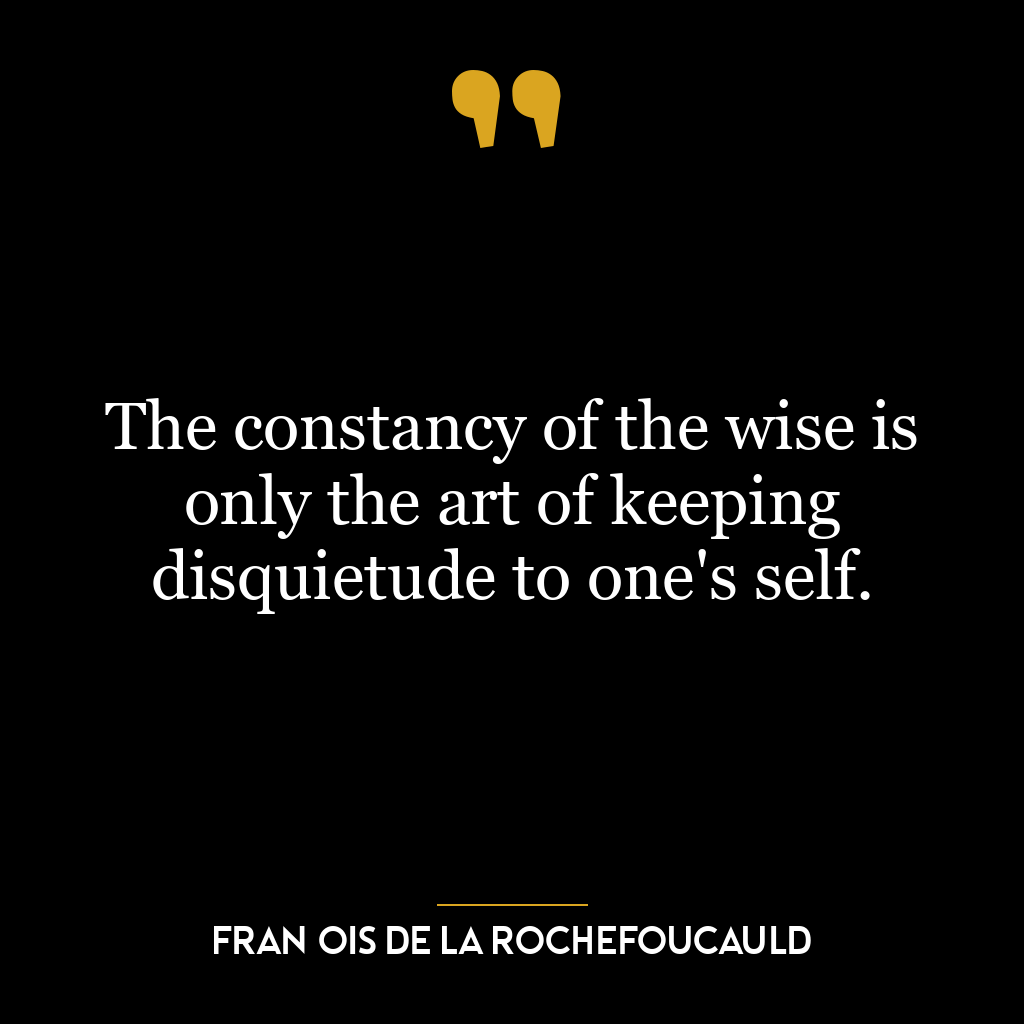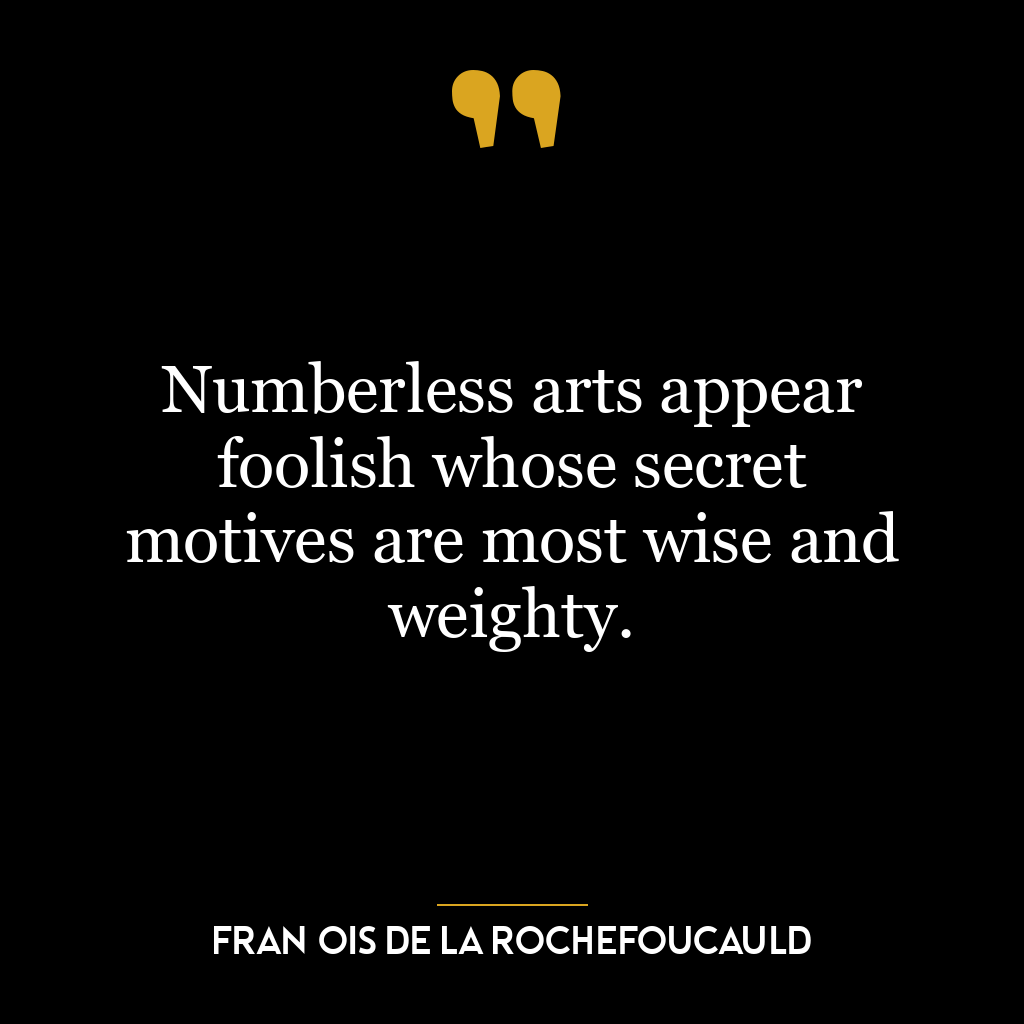This quote suggests that wisdom lies in avoiding conflict rather than engaging in it, even if one is capable of winning. It implies that a true victory is not in defeating others but in preventing the battle from occurring in the first place. This is because conflict, even when won, often comes with costs – it drains resources, creates enemies, and causes stress and other negative emotions.
In contrast, avoiding a battle does not mean running away or showing weakness. It means wisely choosing one’s battles, recognizing that not every disagreement or challenge needs to be fought over. It’s about understanding the value of peace, harmony, and cooperation over the temporary satisfaction of winning an argument or defeating an opponent.
In today’s world, this idea can be applied in various contexts – from international politics to workplace dynamics, and even personal relationships. For instance, nations can choose diplomatic negotiations over warfare to resolve disputes, businesses can opt for collaboration over cut-throat competition, and individuals can choose to let go of petty arguments for the sake of maintaining healthy relationships.
In terms of personal development, this quote encourages us to develop emotional intelligence and conflict resolution skills. It prompts us to question whether the battles we’re fighting are truly worth our time, energy, and peace of mind. It urges us to focus on long-term wellbeing rather than short-term victories.
In essence, the quote is about the wisdom in strategic withdrawal, the power of diplomacy, and the strength in choosing peace over conflict. It’s about recognizing that the real victory lies not in defeating others but in creating a world where battles are unnecessary.









